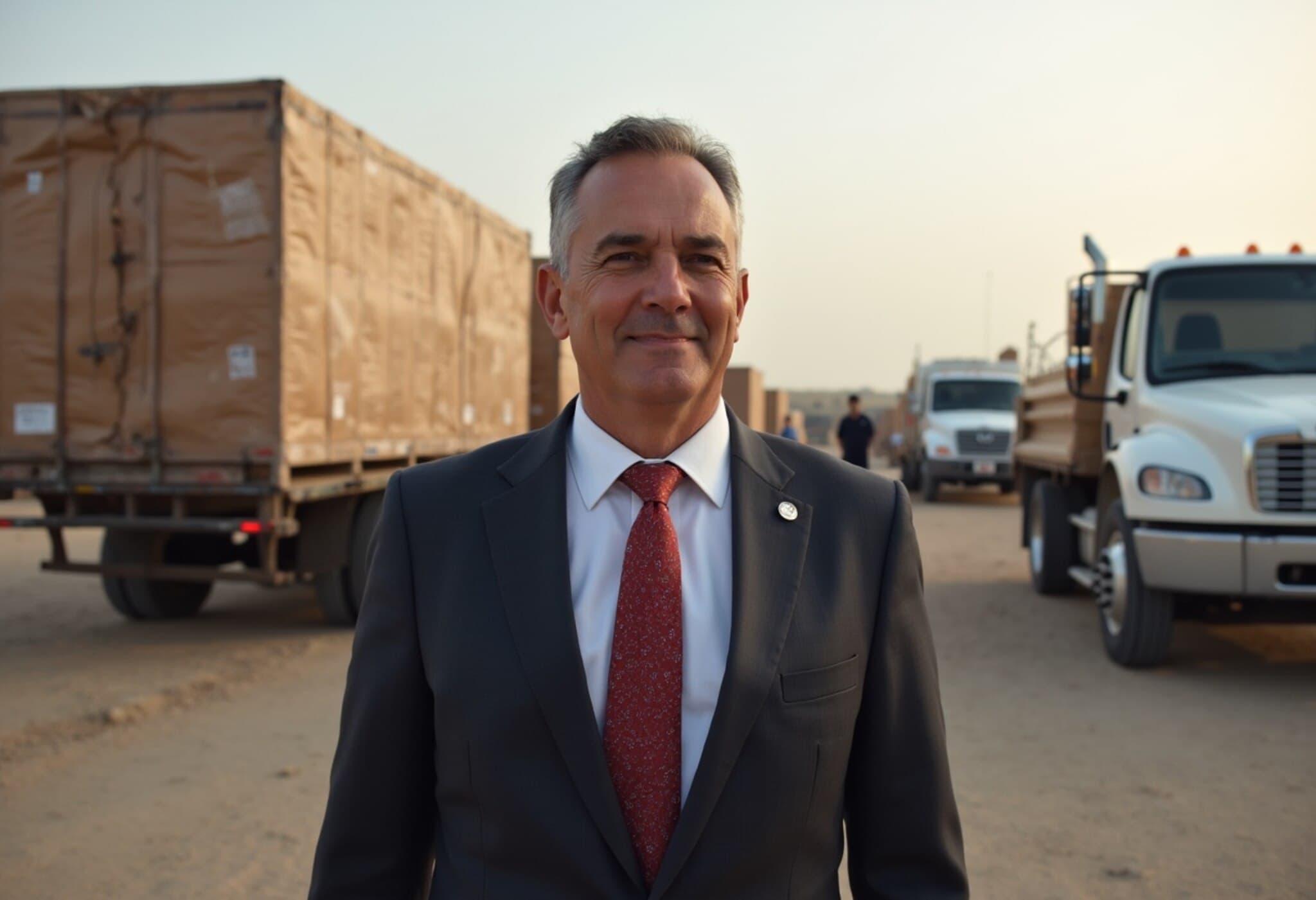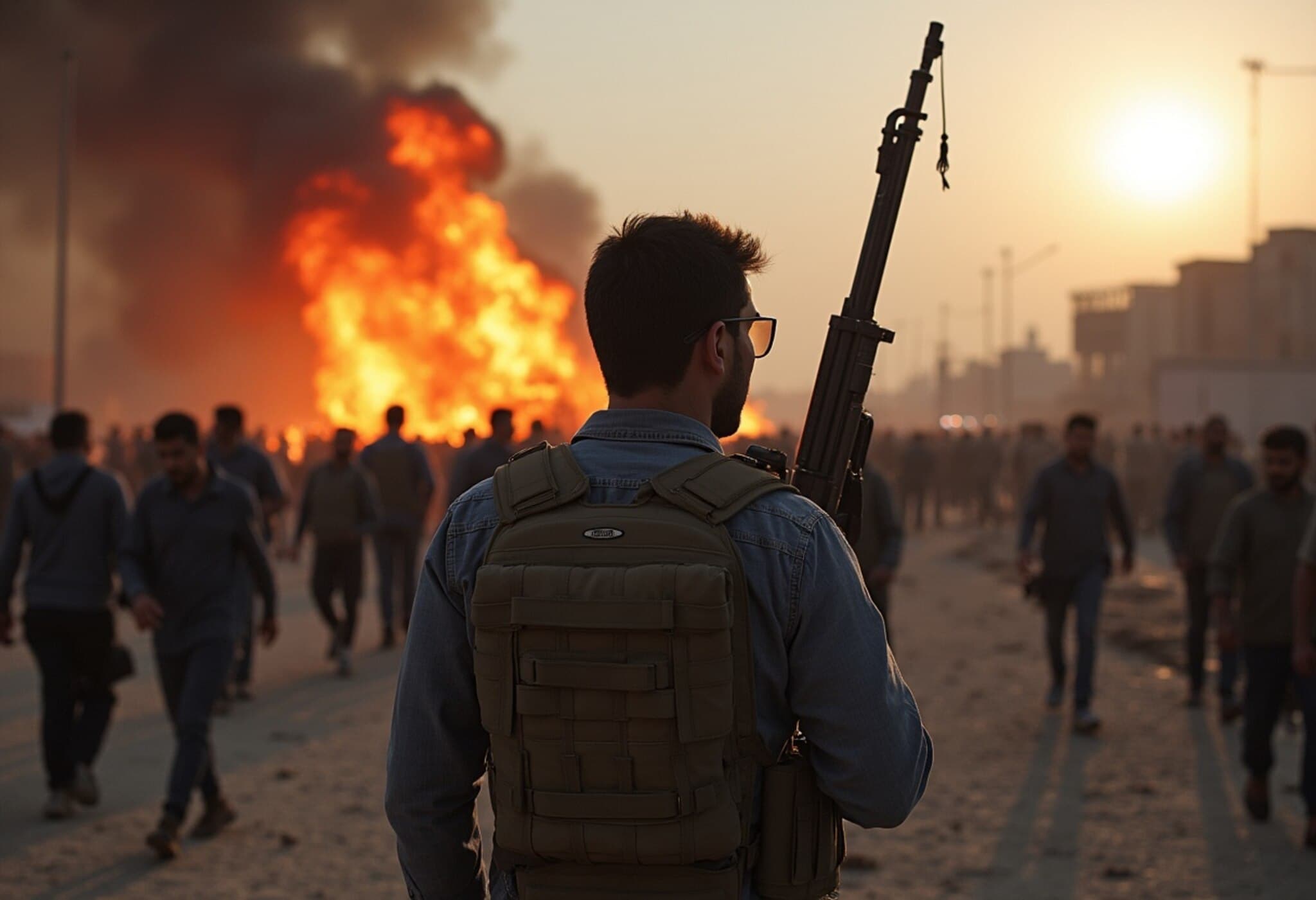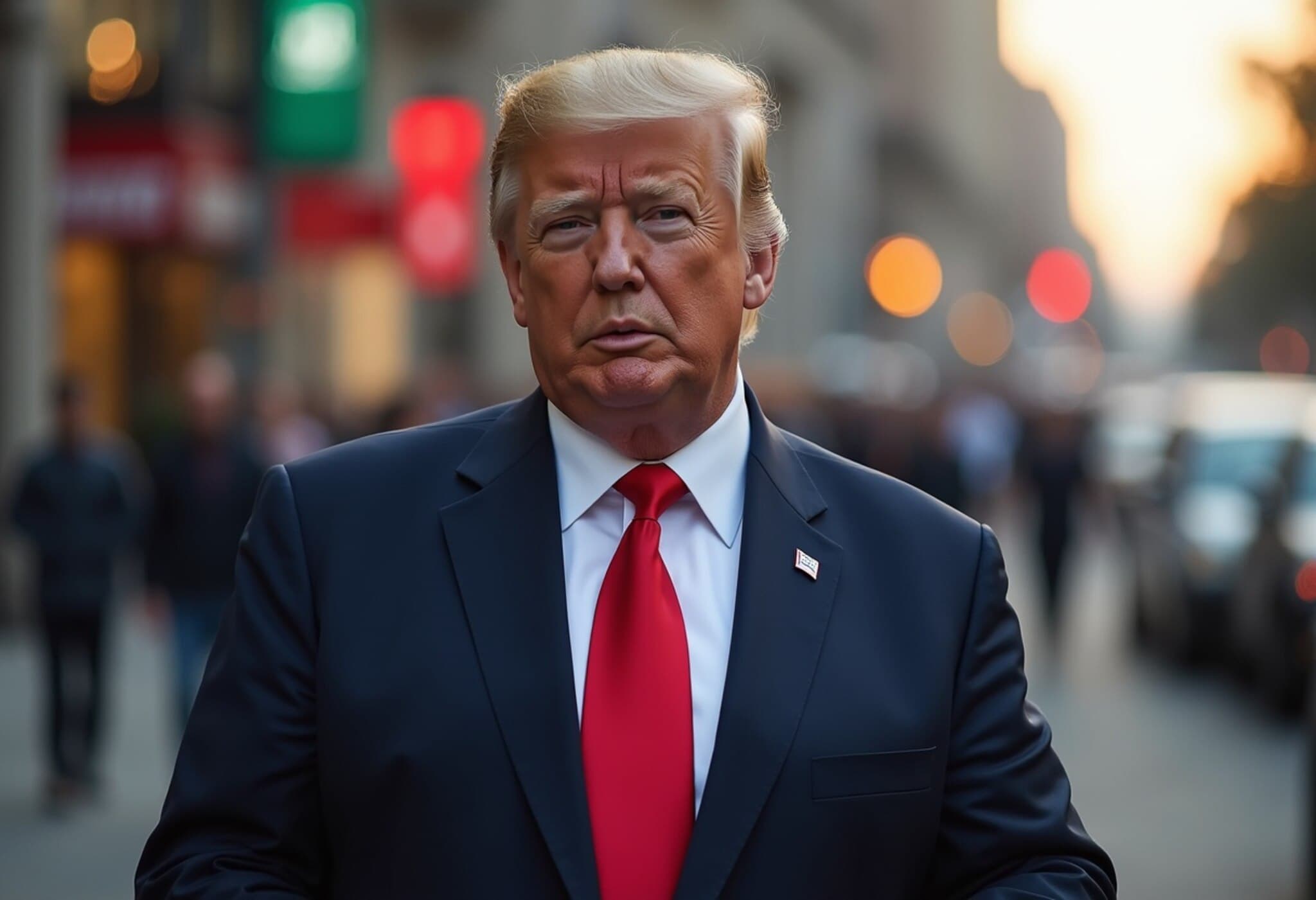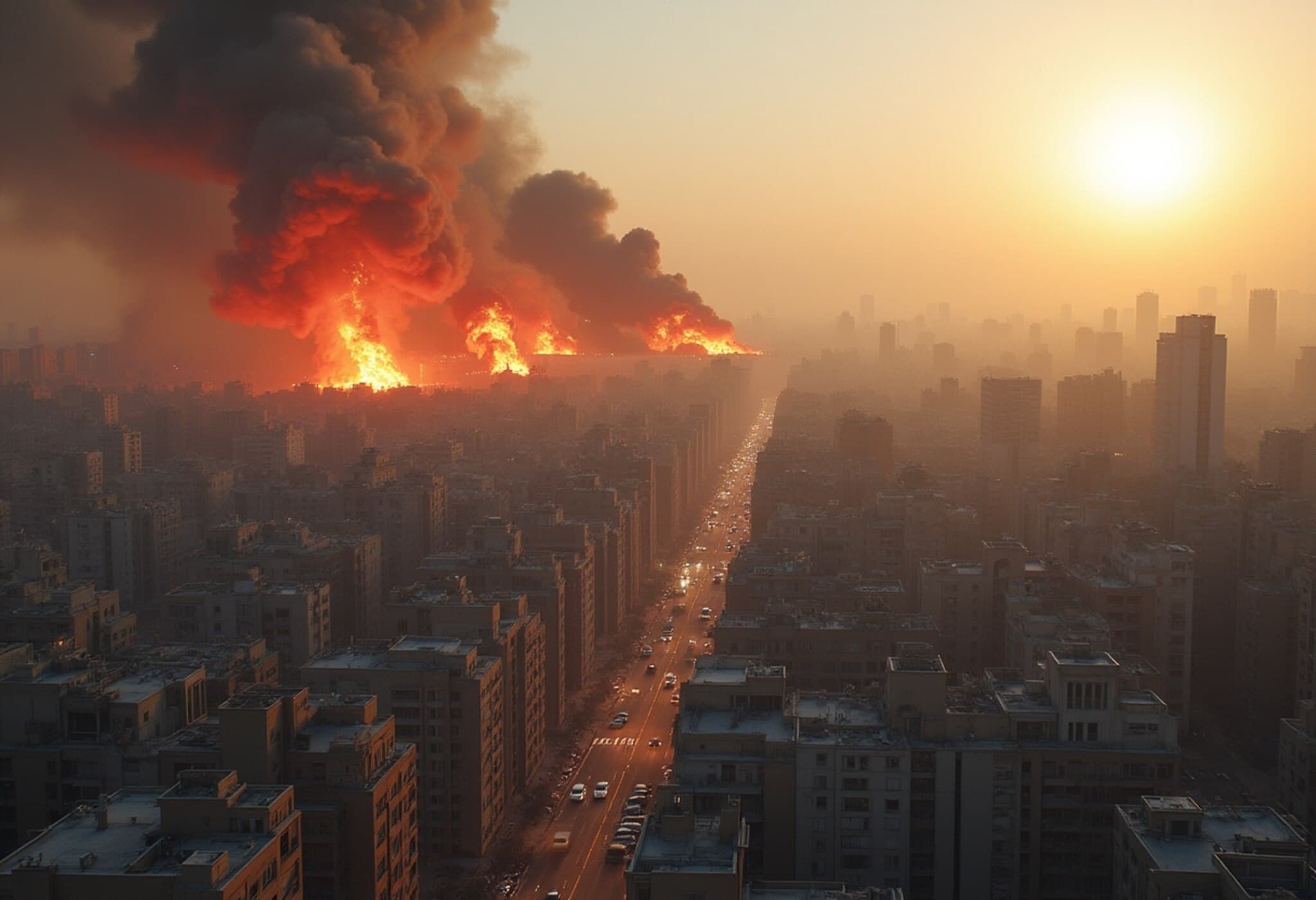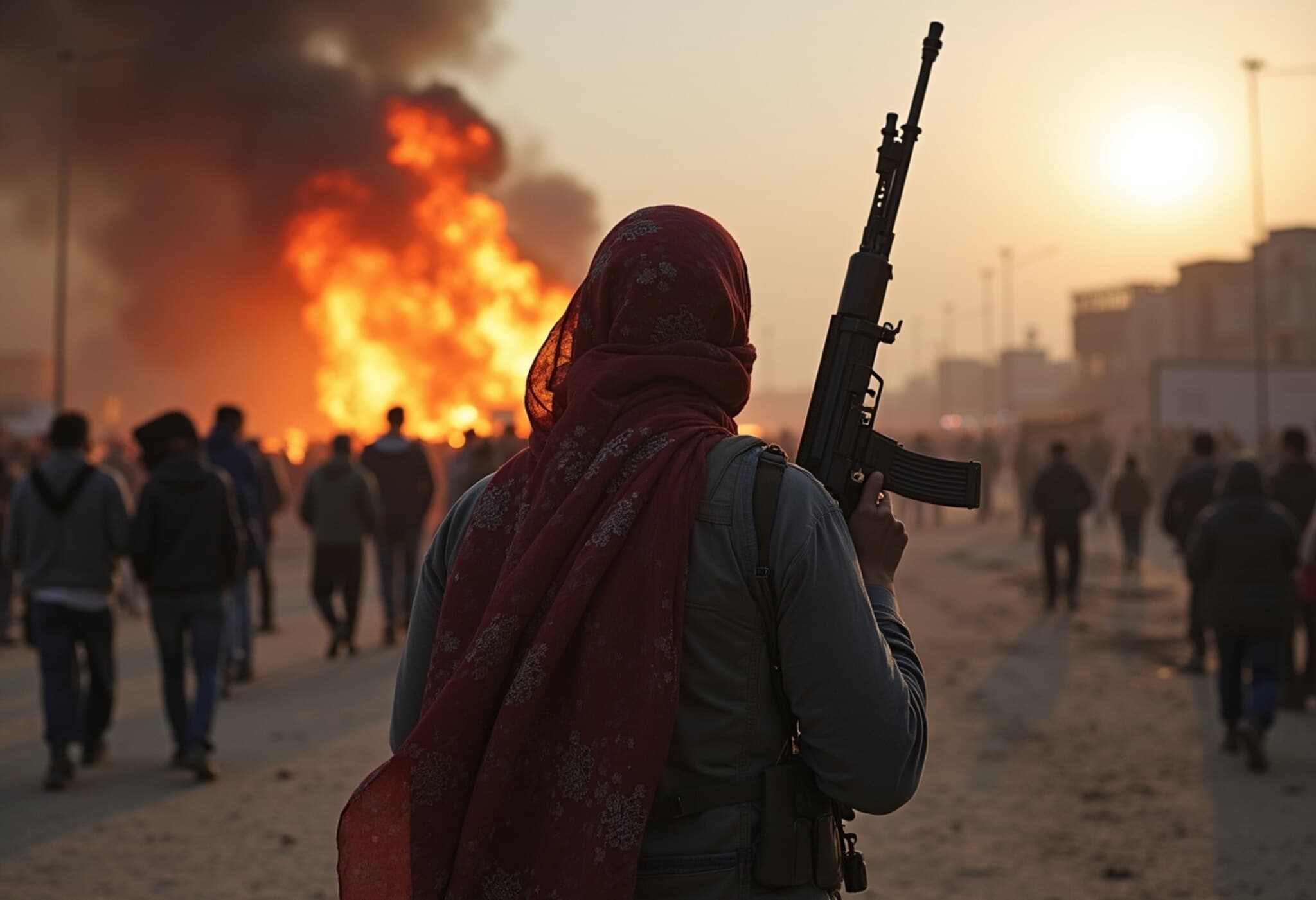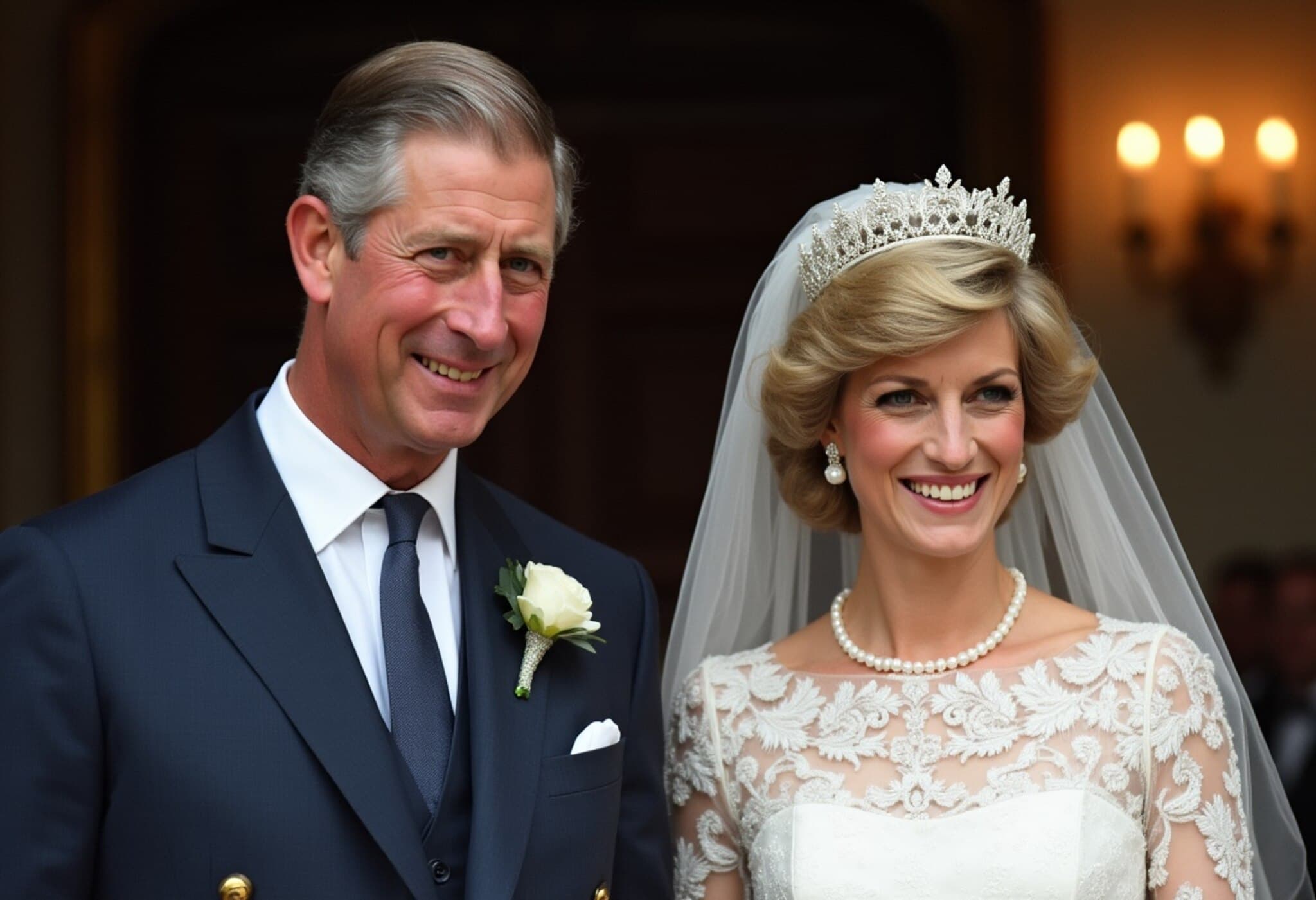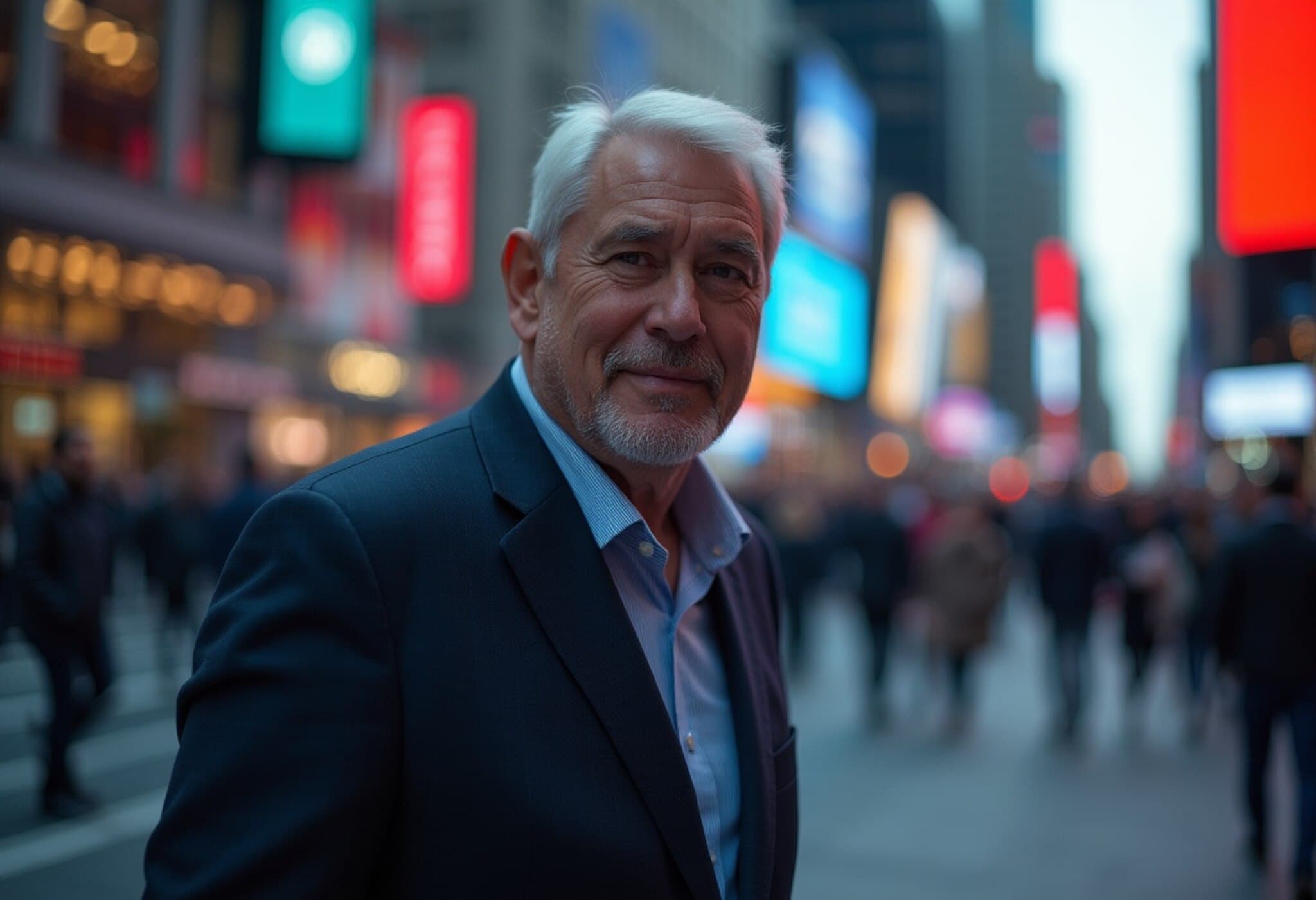US Special Envoy Steve Witkoff Visits Gaza Amid Deepening Hunger Crisis
In a time of escalating hardship and growing international concern, US special envoy to the Middle East, Steve Witkoff, made a critical visit on August 1, 2025, to one of the most heavily scrutinized humanitarian aid distribution sites in Gaza. This visit to Rafah, in the south of the Gaza Strip, shines a spotlight on a humanitarian tragedy unfolding on the ground and the complex geopolitical issues entangled with aid efforts.
Inspecting the Rafah Aid Site: A Contested Epicenter
Rafah has become a flashpoint where humanitarian ideals collide with harsh realities. The aid site under scrutiny is managed by the Gaza Humanitarian Foundation (GHF), a relatively new organization established amid concerns that United Nations humanitarian aid to Gaza was being compromised or misdirected. Managed facilities like this are at the core of controversies surrounding the distribution of life-saving food supplies to a population caught in an extended humanitarian crisis.
Over recent weeks, hundreds of Palestinians have tragically lost their lives attempting to access vital food provisions near aid distribution points. The United Nations reports that the Israeli military's operations have directly or indirectly caused the deaths of over 1,000 Palestinians seeking food, many in proximity to GHF-run sites. However, GHF has strongly disputed these figures and the allegations that their operations exacerbate the crisis.
White House Response and Diplomatic Engagement
White House Press Secretary Karoline Leavitt emphasized that Witkoff’s visit alongside Ambassador Mike Huckabee was aimed at thoroughly evaluating current aid distribution mechanisms. The envoys' mission, she explained, was not only to inspect these sites but also to develop a comprehensive plan to enhance food delivery and better respond to the catastrophic hunger situation Gaza faces.
Post-visit, Witkoff and Huckabee are set to brief President Joe Biden, who will review the plan and determine the next steps, underscoring the administration's high-level attention on this urgent humanitarian challenge.
Complex Geopolitics and Local Criticism
Despite the diplomatic efforts, Witkoff’s visit drew sharp criticism from Palestinian officials. Basem Naim, a senior Hamas official and former Palestinian health minister, dismissed the envoy's visit as a mere photo opportunity, criticizing the perception that American entities treat Gaza's population as subjects rather than sovereign people deserving dignity and freedom.
This friction highlights deeper tensions — the humanitarian crisis is entangled with long-standing political conflicts and narratives of sovereignty, freedom, and control. Gaza's residents face not only an acute hunger crisis but also a battle for recognition and self-determination in one of the world’s most contentious regions.
Contextualizing the Gaza Humanitarian Foundation (GHF)
The establishment of GHF in May 2025 came against the backdrop of allegations by Israeli authorities that the United Nations was unable to control aid diversion to Hamas. However, a United States Agency for International Development (USAID) internal review found no concrete evidence linking US-funded aid theft to Hamas or related sanctioned entities. After examining over 150 reports between 2023 and 2025, the investigation concluded that claims of widespread fraud or abuse were unsubstantiated.
This discrepancy between political narratives and on-the-ground realities complicates aid operations and highlights the challenges of providing humanitarian relief in conflict zones while safeguarding aid integrity.
The Bigger Picture: Hunger Crisis and US Policy Challenges
The United States, as a significant donor and political actor in the Middle East, faces a challenging balancing act. On one hand, the US government must ensure that aid reaches Palestinians without being exploited for political purposes. On the other, it must navigate its strategic alliance with Israel and the broader goal of regional stability. Witkoff’s visit signals recognition of this delicate balancing act and an effort to refresh US engagement in Gaza’s crisis not seen since the early days of the Trump administration.
The hunger crisis in Gaza, exacerbated by ongoing blockades, military operations, and political paralysis, represents one of the most acute humanitarian challenges of this era—where food shortage turns into a political flashpoint with grave human consequences.
Expert Insight: Navigating Humanitarian Aid in Conflict Zones
Humanitarian experts highlight that aid delivery in conflict areas like Gaza is fraught with risks ranging from operational inefficiency and security threats to political manipulation. Trust-building with local populations, transparent oversight, and multifaceted diplomacy are essential to ensure aid effectiveness.
Critiques from local leaders like Basem Naim underscore the need for humanitarian efforts to be more than logistics operations—they must actively respect and uphold the dignity and aspirations of communities they serve.
Editor’s Note
This visit by US envoy Steve Witkoff brings to the fore the inescapable truth: delivering humanitarian aid in Gaza is as much a political challenge as it is a logistical one. While much attention is rightfully given to the food crisis's scale and urgency, fostering trust and legitimacy among local actors remains equally vital.
Looking ahead, key questions linger: How can the US and international community ameliorate the hunger crisis without deepening political tensions? What lessons from the USAID review can improve transparency and accountability in aid distribution? Most importantly, how can humanitarian aid respect the dignity and aspirations of Gaza’s population in a protracted political conflict?
As this story evolves, viewers and policymakers alike should watch for tangible improvements on the ground coupled with sincere inclusion of Palestinian voices, without which sustainable relief and peace remain elusive.

